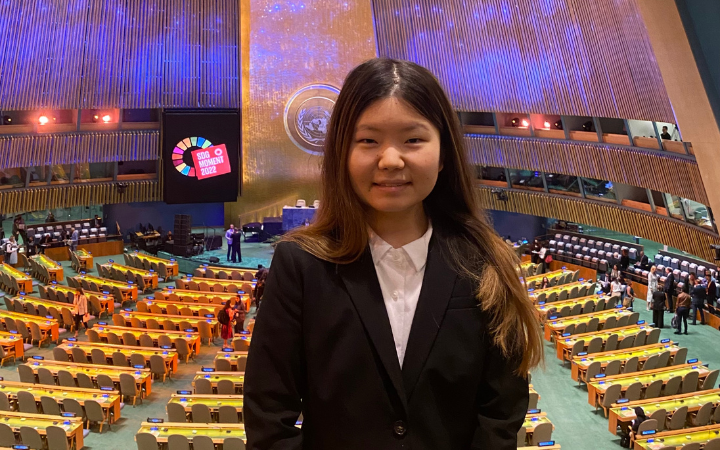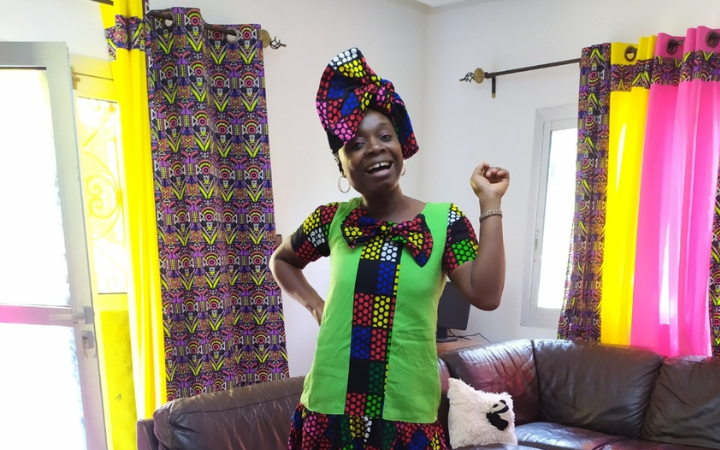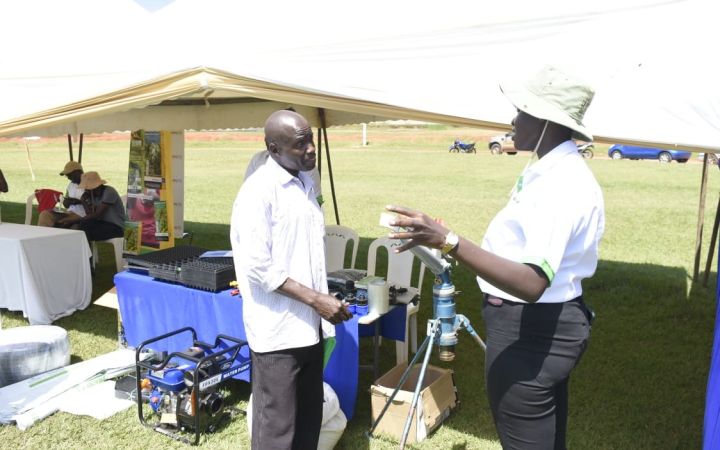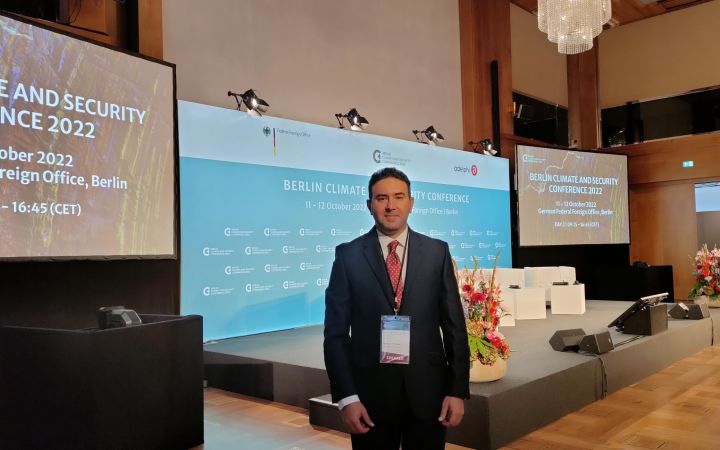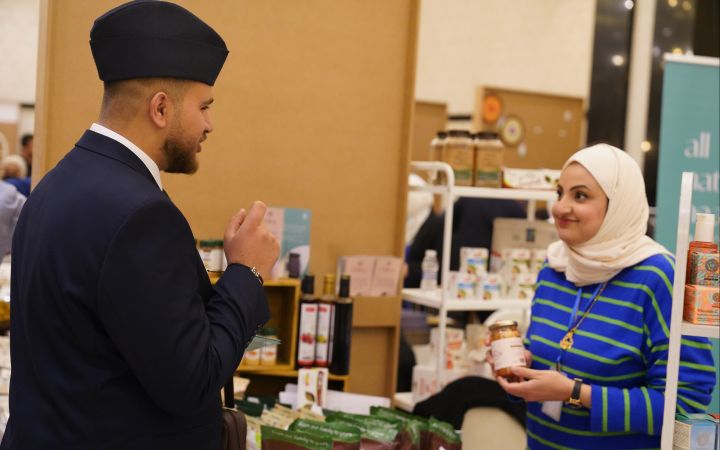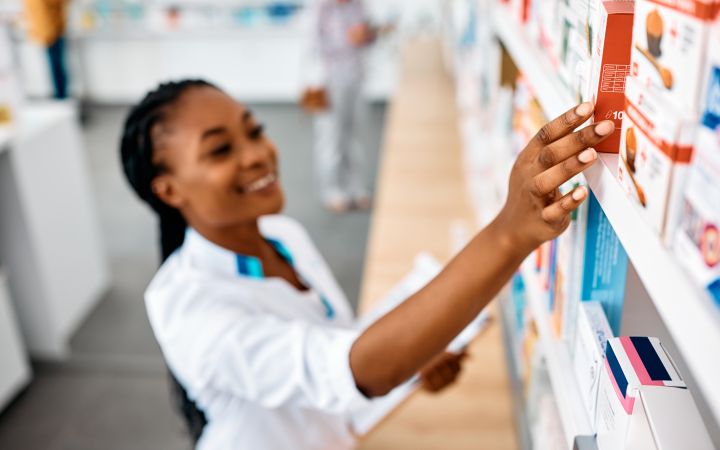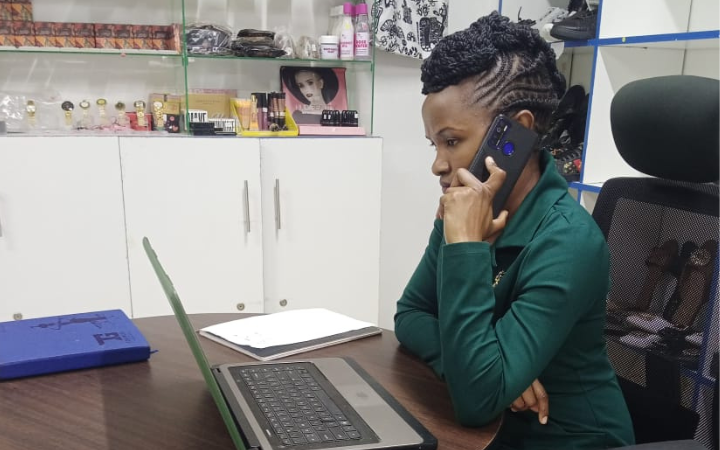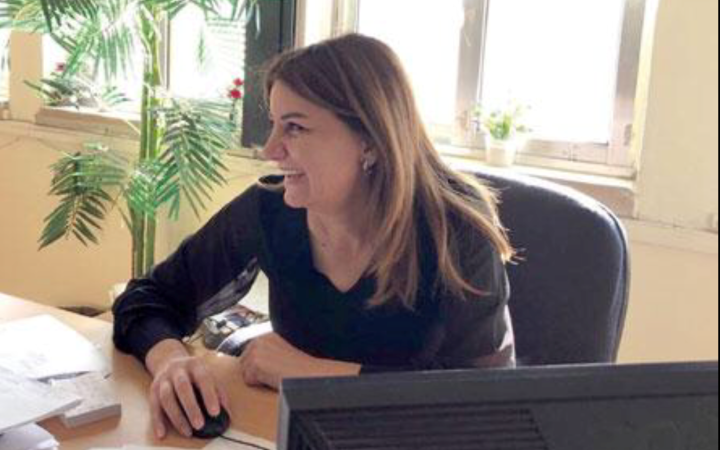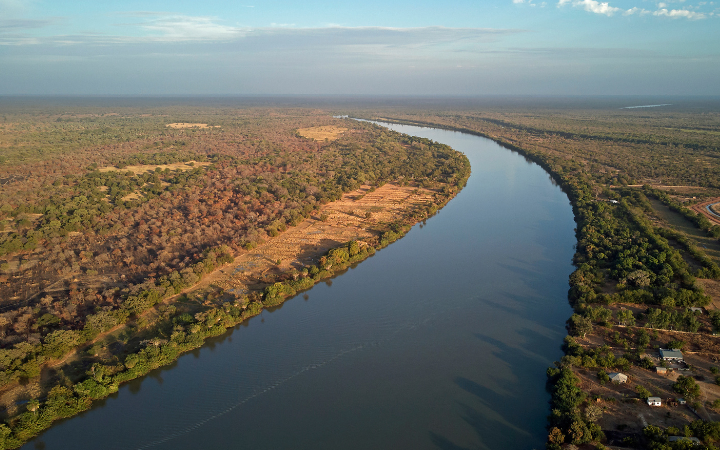Displaying 141 - 150 of 294
27 February 2023, Hiroshima, Japan – Once, a 13-year-old Afghan girl was told that boys have more value than girls. That girl grew up to become co-captain of Afghanistan’s first women’s national football team, a medical doctor and an advocate for Afghan women and girls.
9 February 2023, Hiroshima, Japan – Sixteen-year-old Sena Chang is passionate about youth advocacy for climate change – a passion inspired by the multicultural household in which she grew up. Half Korean and half Japanese, the high school student has lived in Washington DC and Seoul and now lives in Tokyo. The diplomatic and open-minded environment she finds at home is the kind of environment she wants to spread across the globe.
9 February 2023, Hiroshima, Japan – Francine-Blanche Mengue from Cameroon always had a passion for discovering people and cultures. She was therefore delighted to fulfil that passion with her participation in the UNITAR Youth and Anti-corruption Programme in Sahel Region in 2019. Not only did Francine-Blanche learn about the multidimensional problem of corruption, but she also gained the resources to be an actor of change – in her workplace and the broader fight against corruption in Cameroon.
9 February 2023, Hiroshima, Japan – Agriculture has always been a passion for Cynthia Achieng. And so she quit her sales job in 2022 to set up a business partner an agribusiness to meet the irrigation needs of farmers. It was a fulfilment of her dream to help farmers have maximum crop yield all year round.
December 2022, Hiroshima, Japan – Climate vulnerability and food insecurity threaten the already conflict-torn areas in the Middle East and North Africa. In Iraq, infrequent rainfall and rising temperatures in recent years has especially worsened water scarcity. With more than 80 per cent of the country’s water resources being used for agriculture, water scarcity has devastating consequences on the sector that employs 30 per cent of the Iraqi population.
6 November 2022, Hiroshima, Japan - Shumoos Jaber advocates for plant-based solutions to health and climate change in Iraq. Shumoos had become a vegan while she was in Malaysia, where she completed her master’s degree in biotechnology. When she returned to Iraq, she found that plant-based meals were not readily available in the country. This gap in the market sparked the idea that Shumoos transformed into a business over the next few years.
November 2022, Hiroshima, Japan – “My dream is to set up a real pharmaceutical industry in Africa.” Aissata Koné was a participant in the 2021 UNITAR programme on digital skills for youth in the Sahel region. While studying with UNITAR, she understood the importance of digital skills in today’s world.
November 2022, Hiroshima, Japan – The challenges of running a business can discourage many potential entrepreneurs. However, some people rise to the challenge. In the town of Thika in Kiambu County, Kenya, Angeline Mueni Mutuku started her business during the COVID-19 pandemic. Seizing opportunities and gaining skills, Angeline continues to grow her business.
November 2022, Hiroshima, Japan – Kefa Akroush (Jordan) and Mireille El Alam (Lebanon) have devoted their careers to erasing gender inequalities in their countries. They gained more tools to help them mainstream gender in their government work by completing the UNITAR Gender Empowerment Now! training programme.
“We understood that we had to change the strategy and go into the communities because our people deserve it. We started for the first time in the history of the country a community ambulance system. People now can call a toll-free number and the ambulance will drive to the patient’s doorstep, pick the patient up and drive the patient to the health facility.”



